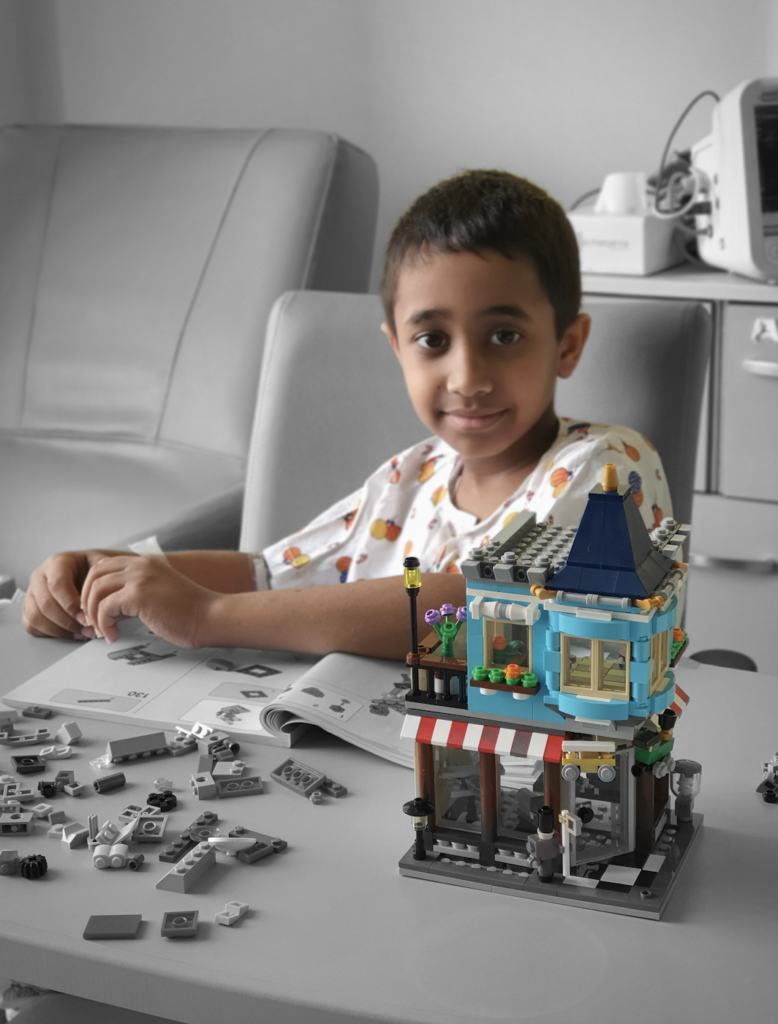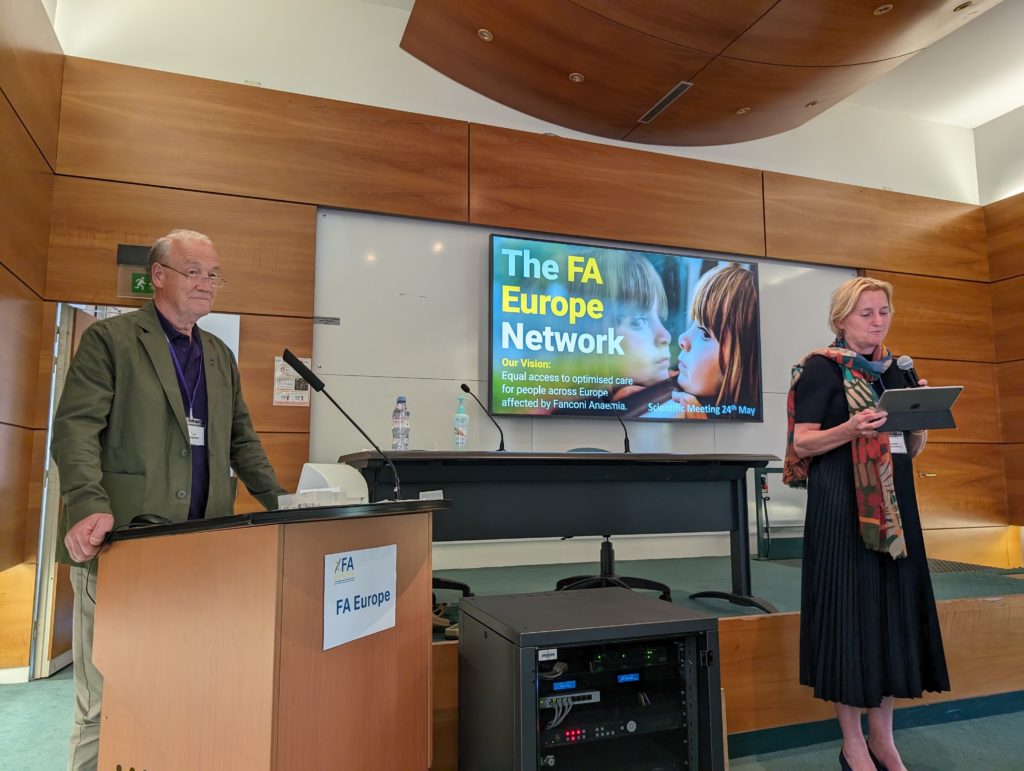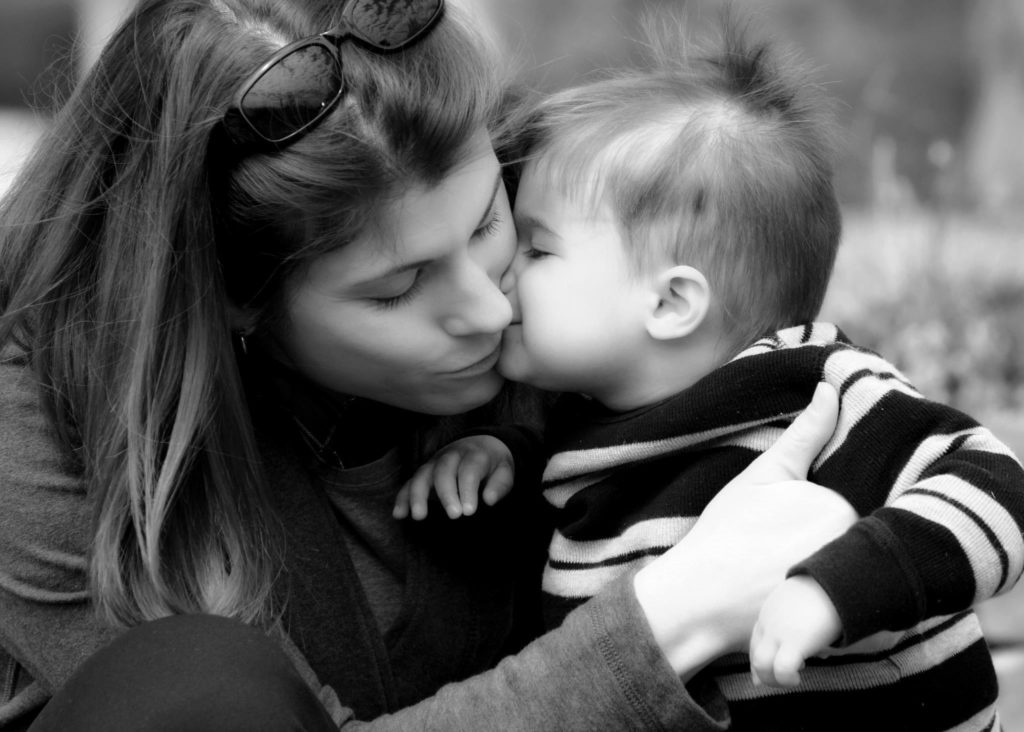
As we remember all of those we’ve lost, it’s important to acknowledge the shockwave that is grief, which can reverberate throughout the entire community during times of loss.
Most in this community have witnessed the difficulties experienced by those with FA and their loved ones. Social media has made it easy to share and follow life updates, making it a helpful tool for gathering information and providing support; however, it also exposes us to the raw challenges that accompany this disease, including the loss of loved ones.
When members of an entire community experience extreme change or loss, collective grief may occur as a natural response, and community members may experience feeling a lack of control and powerlessness. Anticipatory grief may also accompany collective grief, compounding these feelings, as we see loss around us and anticipate future loss. When we experience grief individually, we are typically most aware of our own personal mourning processes, but with collective grief, we become bound to the grief and mourning of others within the community.
Because this collective experience can be overwhelming, we’ve provided some potential ways that we might cope together, while acknowledging it is completely appropriate to process grief in your own way. There is no one way to experience or integrate grief into one’s life; it’s unique to each individual.
Public mourning
Virtual grief support groups, FA Facebook groups, community vigils, the “Living Memory Room” at FA retreats. More information can be found at Fanconi.org or by emailing FARF at info@fanconi.org.
Publicly honor those who have died
Submit a photo and loving note to FARF for the “In Loving Memory” section of the newsletter, submit photos and stories for the “Living Memory Room” at the FA Adult Retreat, post pictures and share favorite memories on social media, plant a tree in honor, advocate for a cause in honor, participate in a memory walk/run.
Practice community care
Volunteer to make heartfelt cards for those grieving in the community, volunteer as a virtual grief group facilitator, send a loving message or flowers to the grieving family, reach out to those that are having a difficult time.
Personal space
Public mourning isn’t for everyone. We all grieve in our own ways. For some, this might look like journaling, meeting with a therapist, reading, researching, or even stepping away from FA community activities for a time, if that’s what it takes to tend to yourself with compassion.
We will all experience grief in various forms throughout our lives. There’s no step-by-step manual for processing grief, and there’s no timeline. And while overwhelming, collective grieving can be a powerful reminder that we are not alone in this.
Poet, Mark Nepo wrote, “If we commit to loving, we will inevitably know loss and grief. If we try to avoid loss and grief, we will never truly love. Yet powerfully and mysteriously, knowing both love and loss is what brings us fully and deeply alive.”




